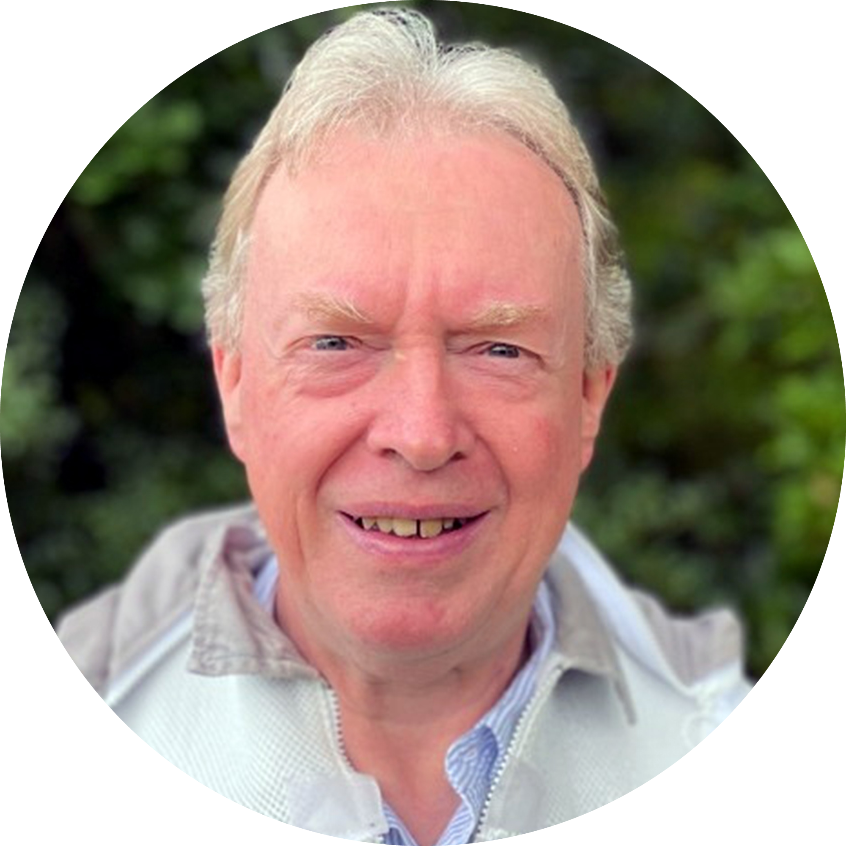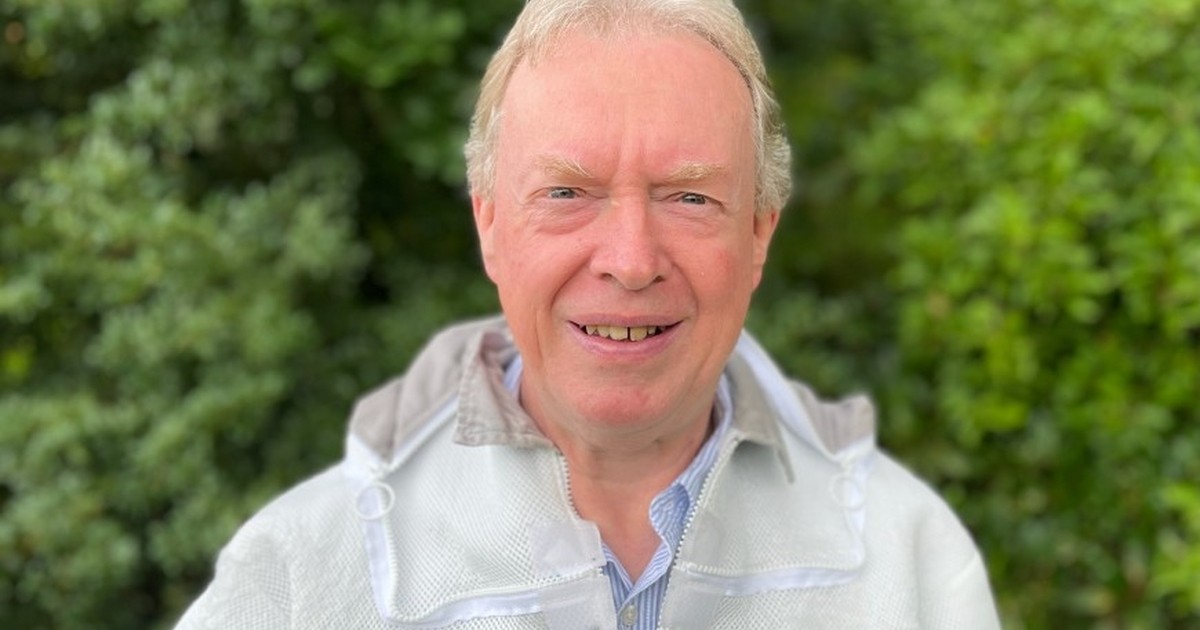Based in rural Carmarthenshire, West Wales, Selwyn is a commercial beekeeper who wears many hats – former Chair of BIBBA (Bee Improvement and Bee Breeders Association), current Chair of the Welsh Beekeepers Association, Director of Sustainable Honeybees CIC, and an active leader within the B4 Project. He is also the founder of the Ecological Beekeeping Network, which promotes practices rooted in local adaptation, biodiversity, and minimal intervention.

What unites all of Selwyn’s roles is a singular passion: the conservation of Apis mellifera mellifera – the European dark bee, or British native honey bee.
“As we all now increasingly understand the importance of sustainability in how we live our lives, we also need a much better understanding of local ecosystems,” Selwyn recently shared. “This includes thinking about our honey bees and other pollinators. Our indigenous Welsh honey bee is currently faced with genetic and environmental threats. Now is the time to conserve, value, and support the native honey bee together with encouraging our beekeepers to adopt a sustainable approach to their beekeeping.”
Practical
This ethos is not just talk. Selwyn is actively engaged in conservation projects focused on protecting and restoring populations of the native dark bee across Wales. His work through the B4 Project and Sustainable Honeybees CIC emphasizes practical action: from queen and drone selection based on local traits to education and mentoring for new beekeepers, ensuring the next generation understands why local matters.
Selwyn is also pursuing the prestigious Master Beekeeper Program at Cornell University, reflecting his commitment to integrating the latest scientific insights with the practical realities of sustainable beekeeping in the British Isles.
In recent years, he has been a vocal advocate for reducing – and ideally halting – the importation of non-native bees into the UK. His concern is clear: the introgression of foreign subspecies like Apis mellifera carnica and A. m. ligustica is a direct threat to the survival of the locally adapted dark bee. The loss of genetic integrity undermines both resilience and ecological balance.
Through lectures, published work, and field leadership, Selwyn Runnett is helping to shape a new narrative – one where honey production, pollinator health, and environmental sustainability go hand in hand. His keynote at our event will no doubt challenge, inspire, and galvanize those committed to a future where the dark bee thrives once more.
